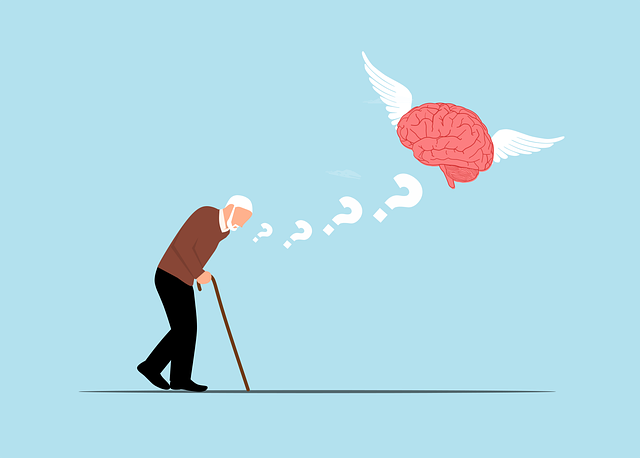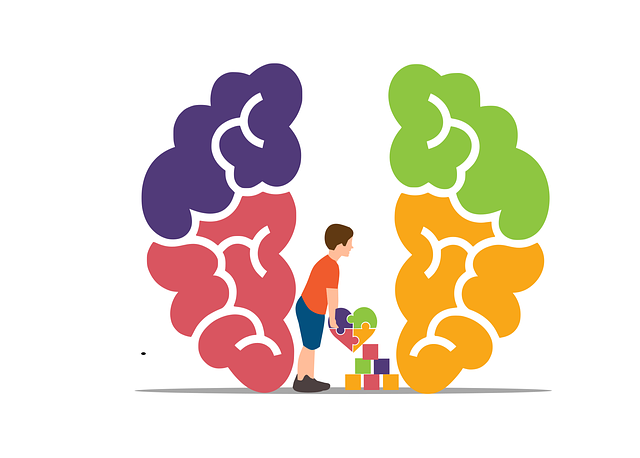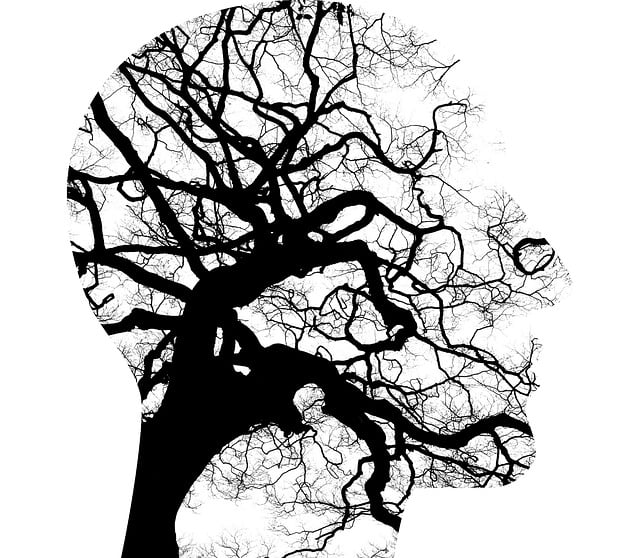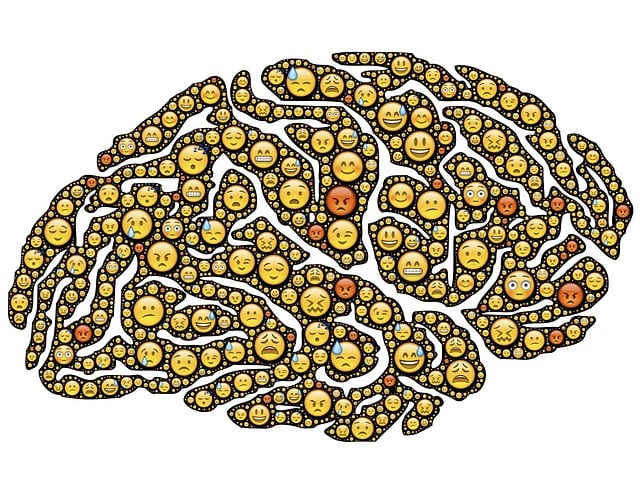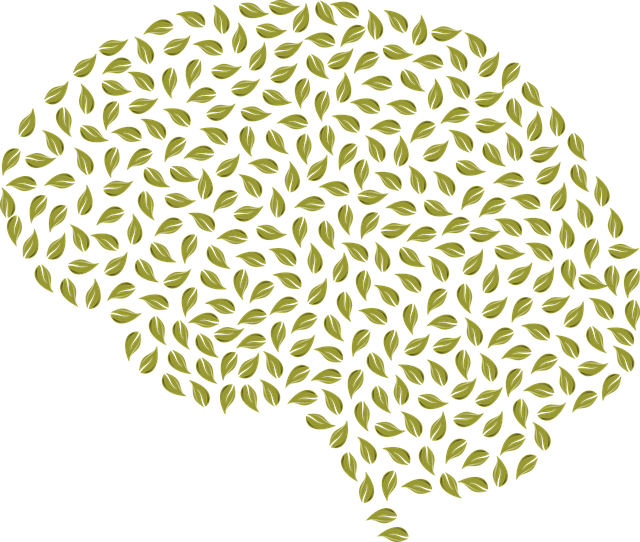Lone Tree Grief Counseling Therapy emphasizes self-care as a vital practice for managing stress, building resilience, and achieving inner peace in today's fast-paced world. By incorporating healthy habits like regular exercise, mindfulness, quality sleep, and balanced nutrition, individuals can effectively cope with stressors and promote positive mental health. The therapy offers tailored support to overcome barriers, such as time constraints and societal expectations, providing valuable insights and programs including mental wellness coaching and stress reduction techniques to challenge norms and develop healthy coping mechanisms for improved mental health.
Looking to transform your well-being? This comprehensive guide explores the art of self-care, offering a supportive roadmap towards personal growth. We delve into the foundational understanding of self-care and its profound impact on mental health. Discover practical strategies for incorporating healthy habits into your daily routine, tailored for a balanced lifestyle. Overcome common barriers with expert insights from Lone Tree Grief Counseling Therapy, empowering you to master self-care and thrive.
- Understanding Self-Care: The Foundation of Well-being
- Incorporating Healthy Habits: Practical Strategies for Daily Living
- Overcoming Barriers: Addressing Challenges on the Path to Self-Care Mastery
Understanding Self-Care: The Foundation of Well-being

Self-care is an essential aspect of maintaining and enhancing mental wellness. It involves deliberate actions taken to nurture one’s physical, emotional, and psychological well-being. At Lone Tree Grief Counseling Therapy, we recognize that self-care isn’t a luxury but a fundamental practice for overall health. By incorporating various self-care strategies, individuals can effectively manage stress, improve their resilience, and promote a sense of inner peace.
In today’s fast-paced world, where demands on our time and energy are constant, prioritizing self-care becomes even more crucial. This can include activities such as engaging in hobbies, practicing mindfulness or meditation, connecting with loved ones, and seeking professional support like trauma support services when needed. Effective self-care practices not only help individuals cope with everyday stressors but also provide a solid foundation for navigating challenging life situations and fostering positive mental health.
Incorporating Healthy Habits: Practical Strategies for Daily Living

Incorporating healthy habits is a powerful tool for self-care and can significantly enhance overall well-being. It starts with small, manageable changes that compound over time. For instance, regularly engaging in physical activity, such as going for walks or joining a local yoga class, boosts mood and reduces stress levels—a benefit especially relevant when navigating challenging life situations like grief. Incorporating mindfulness practices like meditation or deep breathing exercises into daily routines can help regulate emotions and foster a sense of calm amidst chaos.
Additionally, prioritizing sleep hygiene and maintaining a balanced diet are cornerstones of self-care. Adequate rest allows the mind and body to recover from daily demands, while nutritious foods fuel both physical health and emotional resilience. Lone Tree Grief Counseling Therapy emphasizes the importance of these habits in managing grief and trauma, offering support systems and evidence-based practices like conflict resolution techniques and mind over matter principles to help individuals navigate their journey towards healing.
Overcoming Barriers: Addressing Challenges on the Path to Self-Care Mastery

Overcoming barriers is an integral part of the journey towards self-care mastery. Many individuals struggle with incorporating healthy habits into their routines due to various challenges. One significant hurdle is time constraints; modern lifestyles often leave little room for self-nurturing activities, especially when balancing work, family, and social commitments. However, it’s essential to recognize that prioritizing self-care is not a luxury but a necessity. Lone Tree Grief Counseling Therapy offers valuable insights and support to help individuals navigate these obstacles.
Another common barrier is societal expectations and internalized beliefs. Society often promotes the idea of constant busyness, making it hard for people to acknowledge the importance of taking time for themselves. This can lead to feelings of guilt or inadequacy when considering self-care practices such as meditation, therapy, or even simple moments of solitude. Mental wellness coaching programs and stress reduction methods provided by Lone Tree Grief Counseling Therapy can empower individuals to challenge these societal norms and develop healthy coping mechanisms, fostering a deeper connection with their mental health and overall well-being.
Self-care is a journey, and through understanding its importance and implementing practical strategies, we can navigate challenges with resilience. As you incorporate healthy habits into your daily routine, remember that seeking professional guidance from a Lone Tree Grief Counseling Therapy service can offer valuable support when barriers seem insurmountable. By prioritizing self-care, you invest in your overall well-being, fostering a healthier and more fulfilling life.



